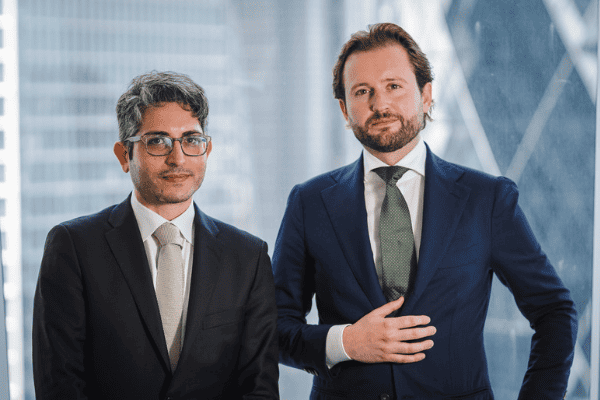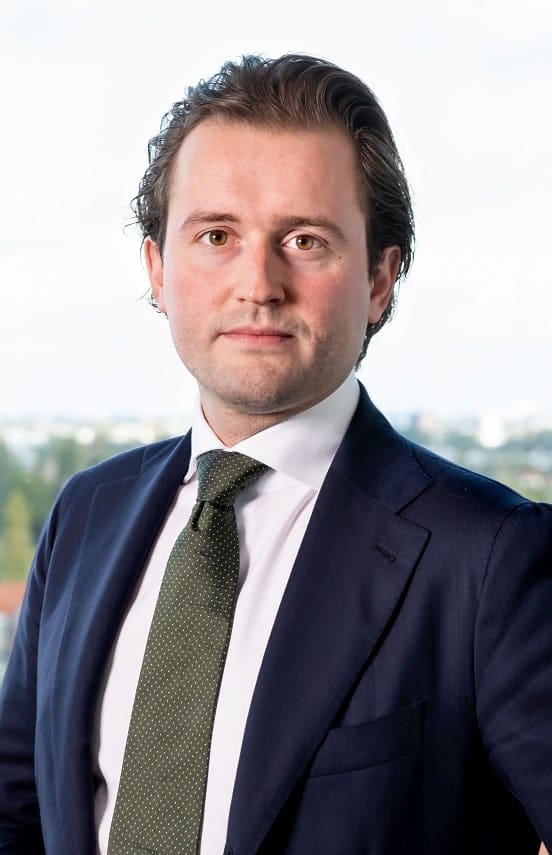6 Key Lessons – ‘From Darkness to Light: A Comparative Study of SPACs in the European Union, the UK, and the US’
Stay Connected
Stay up to date with expert insights, latest updates and exclusive content.
Discover more
Stay informed with JTC’s latest news, reports, thought leadership, and industry insights.
Let’s Bring Your Vision to Life
From 2,300 employee owners to 14,000+ clients, our journey is marked by stability and success.




















